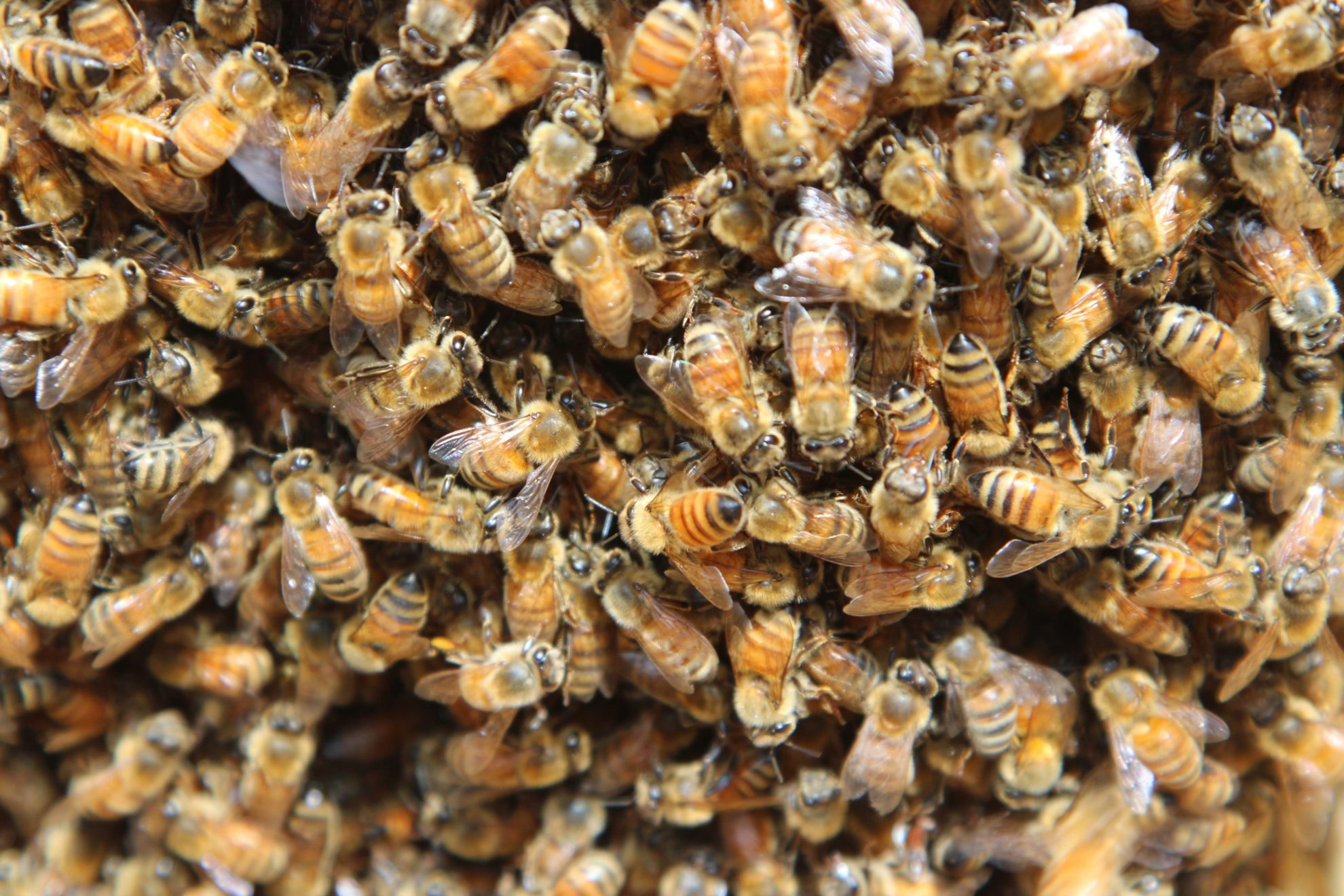Editor-in-Chief

Prof. Max Reuter, University College London, UK.
I am an evolutionary geneticist interested in how the genetic encoding of traits affects and interferes with adaptation. My group studies aspects of this question using fruit flies (sex-specific evolution and sexual antagonism) and fission yeast (multivariate responses to environmental stressors). The work combines laboratory experimentation, genomics and bioinformatics, and some theory.
I have been an ESEB member and regular conference attendee since presenting my Masters thesis in Arnhem in 1997. I started my term as Editor in Chief in the summer of 2021.
Bluesky: @maxreuter.bsky.social
Managing Editor

Dr. Nicola Cook, European Society of Evolutionary Biology.
As Managing Editor, I think I have one of the best seats in the house. I see first-hand the broad range of research questions being tackled by our evolution community. It is a pleasure to work with our authors, our Editorial Board, our reviewers and our production team at OUP to guide manuscripts through the peer review process and to promote the fantastic research published in our society journal.
I have a background in evolutionary genetics with 7 years postdoctoral experience prior to taking on the role of managing JEB in 2020. I had been a member of ESEB since early in my career.
Bluesky: @evonicki.bsky.social
Commissioning Editor

Dr. Richard Meisel, University of Houston, USA.
I am an evolutionary biologist who uses genetic and genomic approaches to understand how and why environmental heterogeneity and sex differences affect variation within species and differences across populations. Most of my research uses a variety of fly species as model organisms to study the evolution of sex chromosomes, sex determination, and the innate immune response to bacterial infection.
As Commissioning Editor, I strive to increase the diversity of topics covered in special issues and review articles, including exciting new areas of study that have not previously been covered in JEB. I pride myself in being a supporter of and advocate for scientific societies and the journals they publish. Prior to serving on the JEB editorial board, I was an Associate Editor at Evolution.
Bluesky: @richmeisel.bsky.social
Data Editor
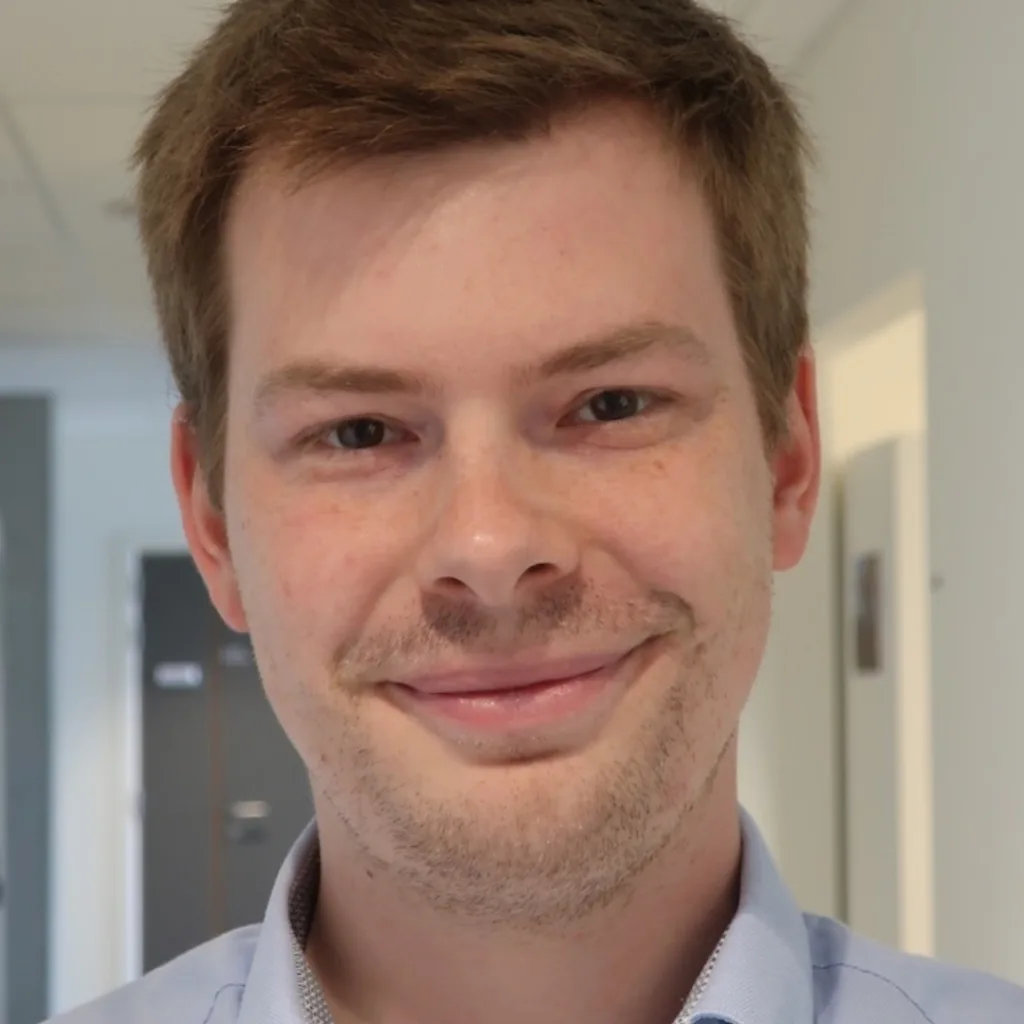
Dr. Sebastian Lequime, University of Groningen, Netherlands.
I am an evolutionary virologist, using genomics to explore RNA virus ecology and evolution in multiple host organisms, from recent epidemics to deep evolutionary histories of these fascinating parasites.
As Data Editor for JEB, I assist authors in sharing their data and code, not only to comply with the journal’s requirements but also to allow replication and re-use of published data. I firmly believe that Open Science strongly supports the excellent work published in JEB, and directly benefits authors and the whole evolutionary biology community, from undergraduate students to established researchers.
Bluesky: @slequime.bsky.social
Handling Editors

Dr. Rebekah Rogers, University of North Carolina, Charlotte, USA.
I am an evolutionary geneticist working in the field of genetic novelty. How do new genes appear in natural populations? How do selection and drift act on that variation? Duplications, deletions, TEs, and rearrangements are a central focus. We are interested in how these mutations may serve as ‘hopeful monsters’, especially under rapid or drastic shifts in selective pressures.
As the fields of genetics and molecular ecology expand into new non-model species, JEB offers a venue that can support these growing research avenues. As Handling Editor, my primary goal is to offer a fair review process for authors, and a constructive path for publications that advance our understanding of evolution.
X: @evolscientist Bluesky: @evolscientist.bsky.social

Prof. Andy Gardner, University of St Andrews, UK.
I work on Darwinian adaptation. Natural selection explains the appearance of design in the living world, but at what level is this design expected to manifest – gene, individual, society – and what is its function? Social evolution provides a window on this problem, by pitting the interests of genes, individuals and societies against each other. I develop general theory on the topics of inclusive fitness and multilevel selection, and also tailor general theory to the biology of particular species to facilitate empirical testing. I work on a wide range of biological systems, including viruses, bacteria, protozoa, crustaceans, insects, arachnids, fish, mice and humans.
Bluesky: @andygardner.bsky.social

Dr. Trine Bilde, Aarhus University, Denmark.
I am a researcher in evolutionary ecology and genetics and I am interested in group living, cooperation and mating systems, genomic consequences of sociality and inbred mating systems, genetic and non-genetic processes involved in adaptation.
Bluesky: @trinebilde.bsky.social
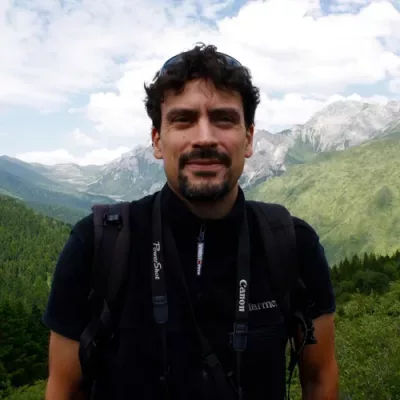
Dr. Alejandro Gonzalez-Voyer, Universidad Nacional Autónoma de México (UNAM), Mexico.
I am a macroevolutionary biologist studying how phenotypes evolve, how species richness accumulates and the factors that drive it. I mostly employ phylogenetic comparative methods across a diversity of systems, including Neotropical amphibians, killifish, African cichlids, birds, mammals, and angiosperms.
During my postdocs in Sweden and Spain I was lucky to join the ESEB community by attending the congresses, which I found both inspiring and fun. As Handling Editor I am fortunate to read a diversity of very interesting work and I strive to make the review process smooth and constructive for our authors.
Bluesky: @agonzalezvoyer.bsky.social
Associate and Junior Associate Editors
Our board of Associate Editors and Junior Associate Editors are all evolutionary biologists, active in research and passionate about their field. Their expertise covers a vast range of topics that fall within the scope of our society journal. All are committed to handling manuscripts that come into their hands with fairness, transparency and care.
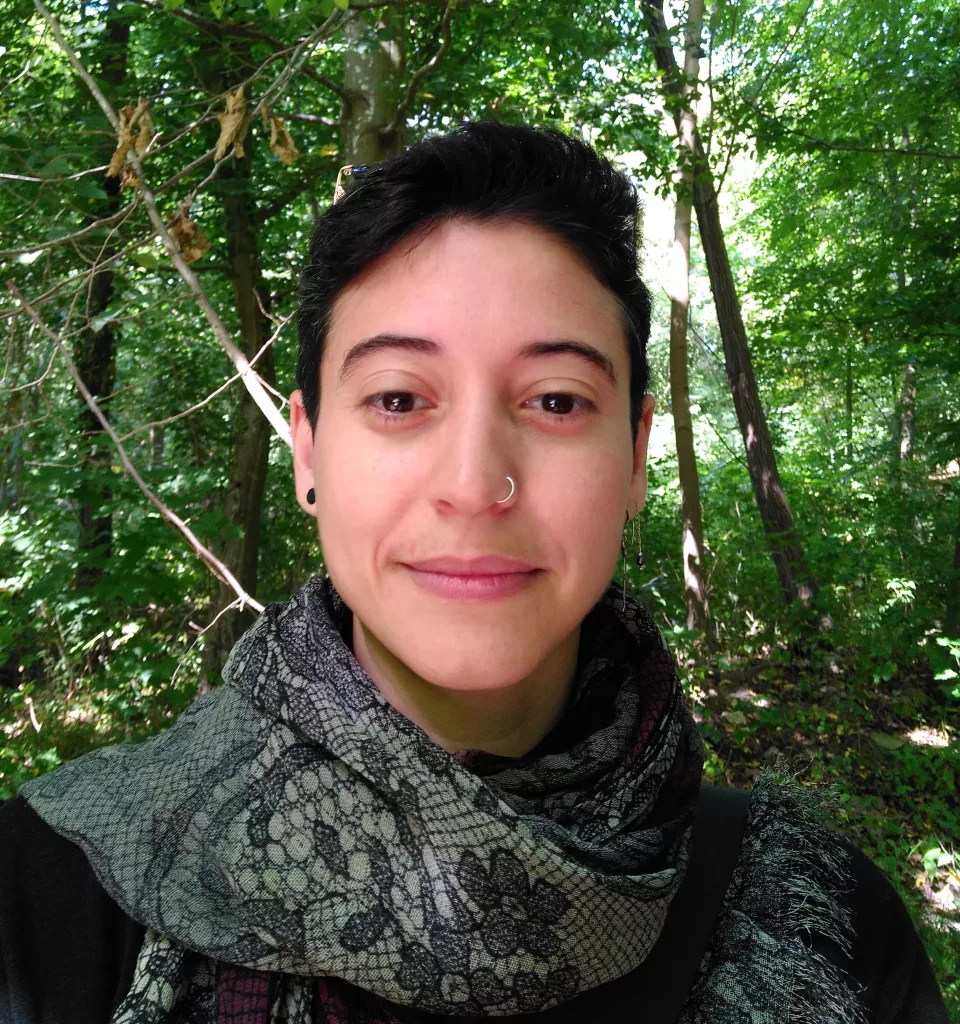
Diala Abu Awad, Université Paris-Saclay, France.
I am a theoretical population geneticist working to develop models that account for complex genetic processes impacting the trajectories of species evolution. I am also interested in explicitly integrating life-history traits (self-fertilisation, seed-dormancy, life-span, etc.) to understand how such traits affect selection and adaptation.
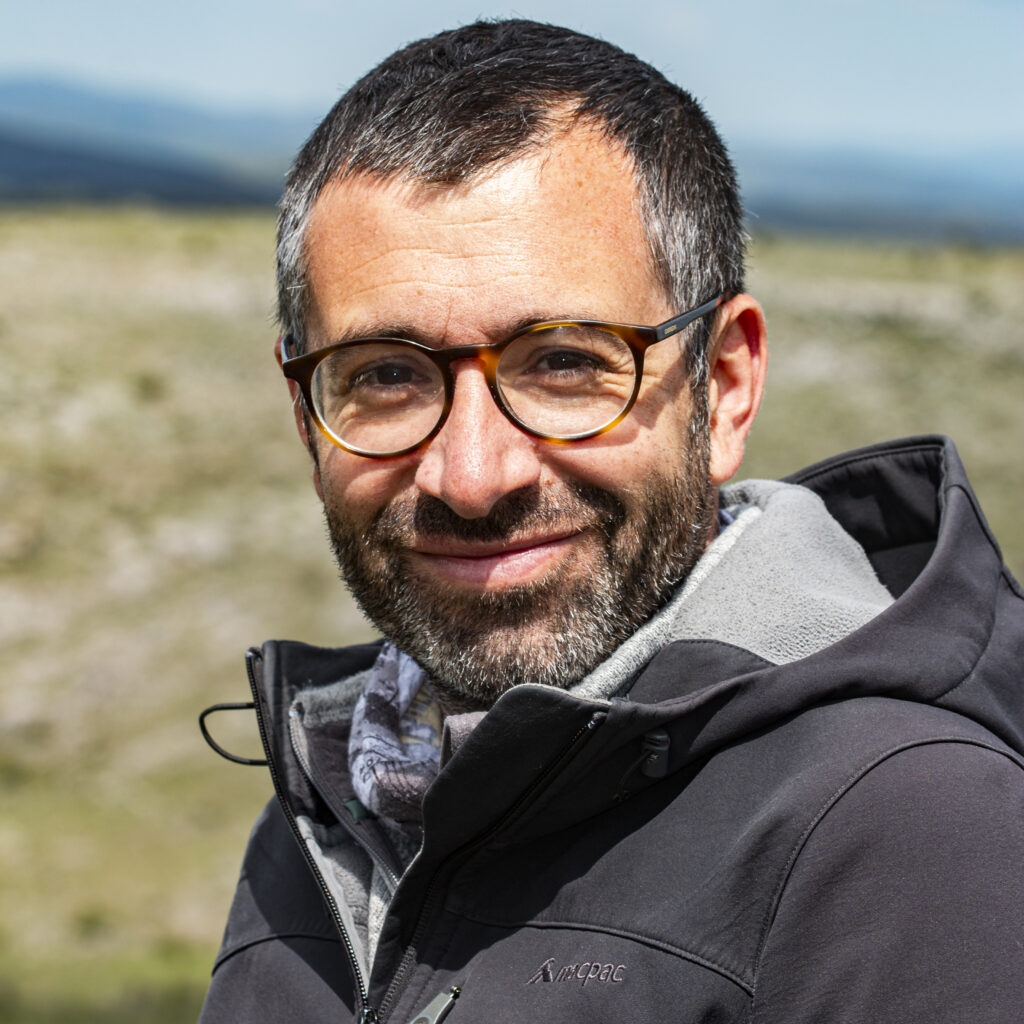
Joris Bertrand, University of Perpignan Via Domitia, France.
I am an evolutionary biologist, primarily interested in how local adaptation shapes reproductive isolation at early stages of population divergence. I focus on the use and development of integrative approaches (based on multi-omic and environmental data) to better understand the link between genome, phenome and fitness. Across my career I have worked on birds, marine organisms (especially coral reef fishes) and plants (mostly bee orchids). I am also interested in biogeography of species and regions, conservation biology, systematics and taxonomy.
Bluesky: @jorisbertrand.bsky.social
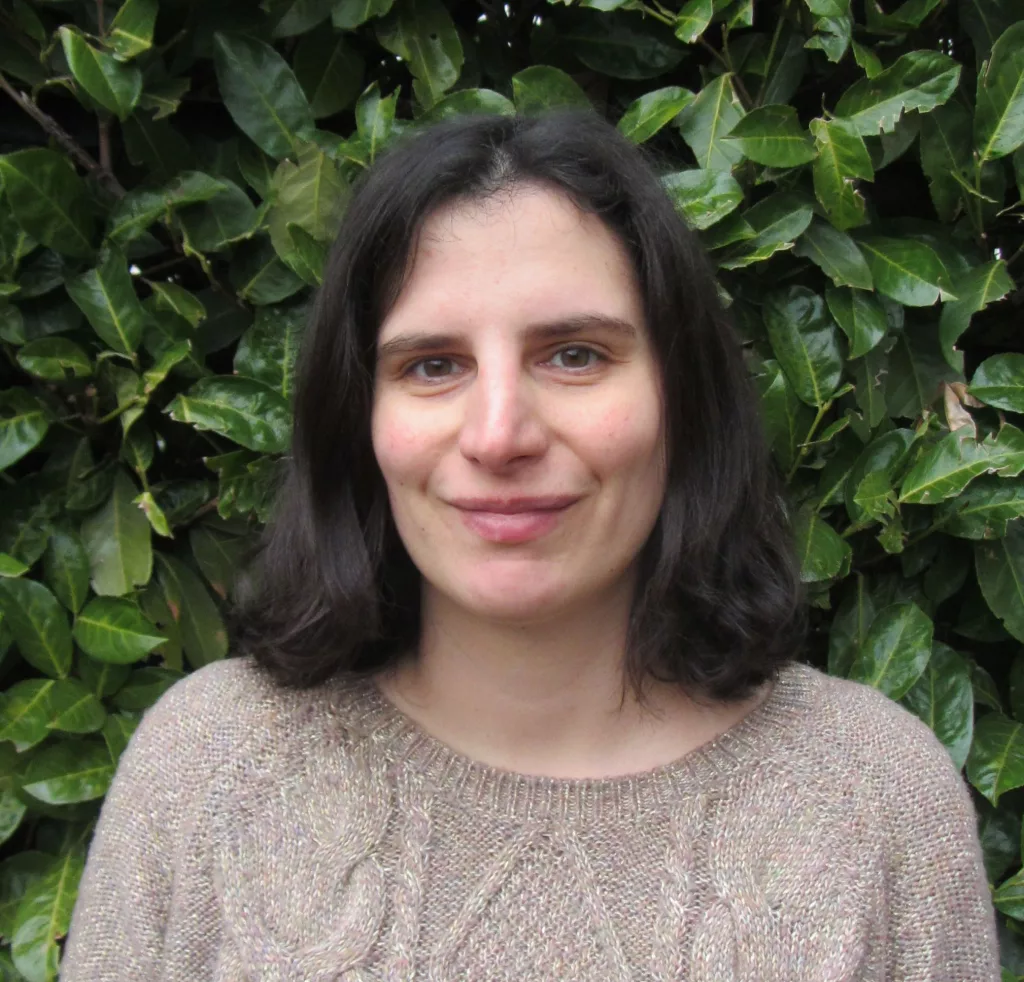
Josefa Bleu, University of Strasbourg, France.
My research lies at the interface between population ecology, evolutionary ecology, ecophysiology and ecotoxicology. I am interested in the effects of the environment, in particular urban environment and metal pollution, on life-history traits and physiology, with a particular focus on the effects of the parental environment on their young.

Mozes Blom, Museum für Naturkunde Berlin, Germany.
I am interested in understanding how population level processes can promote speciation and the spatial distribution of biodiversity. Using a combination of population and phylogenomic methods, I often study demographic history, evolutionary radiations, hybridization, cryptic diversity or rapid phenotypic change, in birds and reptiles. Natural History Collections are particularly well suited to guide such research and my work frequently relies on historical specimens as a primary source for both genetic and phenotypic data.
Bluesky: @moosblom.bsky.social

Loreta Brandao De Freitas, Federal University of Rio Grande do Sul, Brazil.
My research interest is plant evolution, with an emphasis on the mechanisms underlying diversification and speciation. To explore the complex processes that drive plant evolution at temporal and spatial scales, my research employs a range of approaches, including phylogenetics, phylogeography, population genomics, demographic modelling, and ecological interactions.
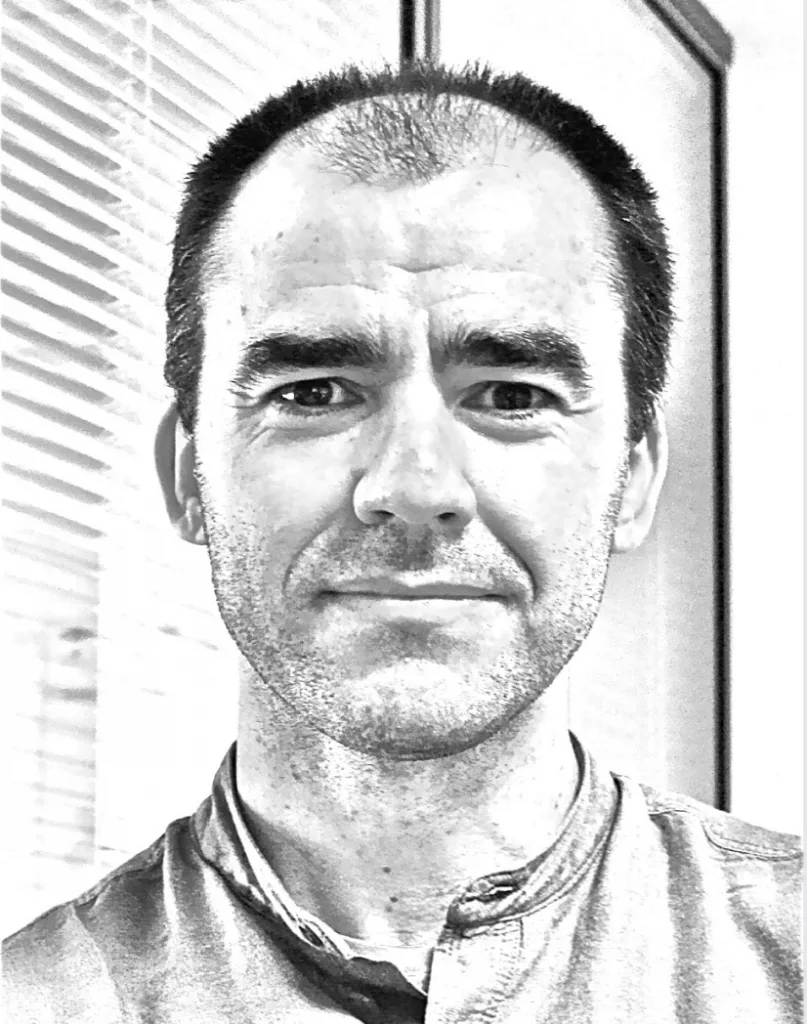
Ignacio Bravo, CNRS, Montpellier, France.
I keep two main research lines. I am first interested in the functional and evolutionary importance of noise and fidelity during information flow in biology. I am also interested in the application of evolutionary thinking as a central element to understand the proximate and ultimate origins of cancer: from molecular mechanisms and functions to adaptation; from the natural history of the infection in the patient to the evolution of cancer susceptibility across species.

Pau Carazo, University of Valencia, Spain.
I am generally interested in the evolution and function of behaviour, and in the role that behaviour plays as a spearhead of evolutionary change. Currently, my main line of research is on biotic and abiotic factors modulating the intensity of sexual selection and sexual conflict, and its consequences in terms of population viability.
Bluesky: @paucarazo.bsky.social
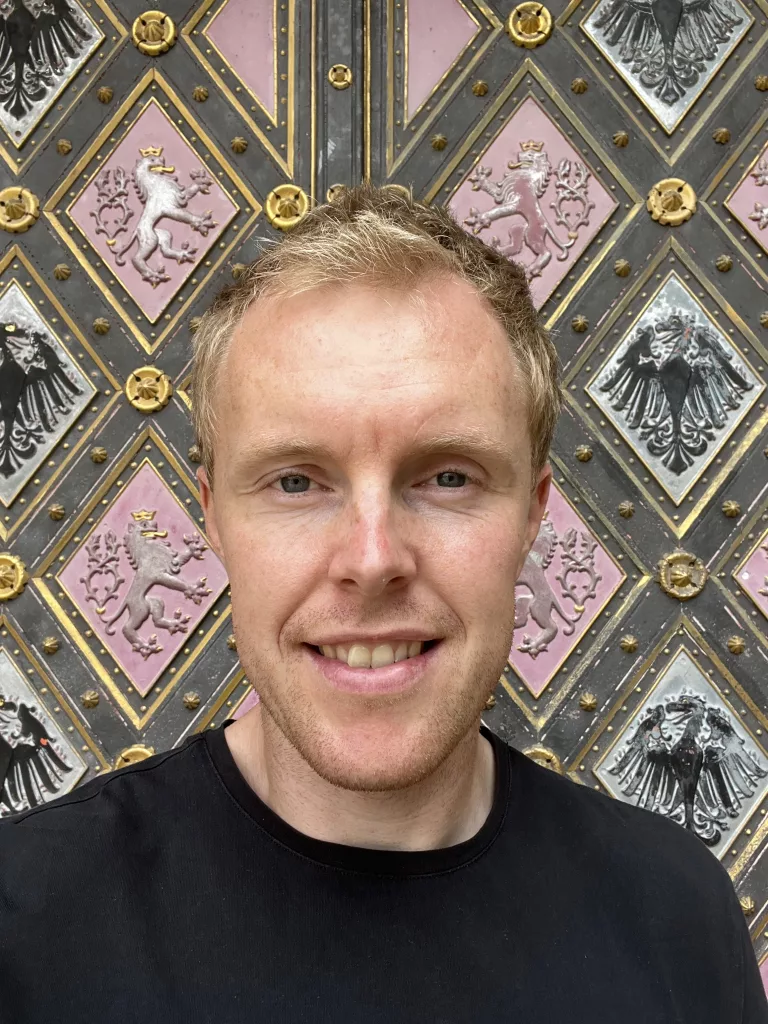
Christopher Cooney, University of Sheffield, UK.
My research focuses on understanding the processes shaping the diversity of life, particularly the role of ecological, social and evolutionary processes in driving the dynamics of phenotypic evolution and speciation. I develop and apply phylogenetic comparative methods to address broad questions in macroevolution and macroecology. Much of my work focuses on birds, but I frequently study a range of other animal taxa (e.g. reptiles, mammals, fish, insects).
X: @ChrisCooney101

Josselin Clo, CNRS-University of Lille, France.
I am interested in the evolution of mating systems and ploidy level within angiosperm species, and their consequences on the phenotypic and heritable diversities. I used both empirical and theoretical approaches.
I joined JEB to promote an ethical way of publishing science in a non-profit society journal.
Bluesky: @josselin-clo.bsky.social

Tatiana Dimitriu, University of St Andrews, UK.
I am an evolutionary microbiologist studying the ecology and evolution of mobile genetic elements in bacteria. I use a combination of molecular biology, bacterial genetics and experimental evolution approaches to understand the mechanistic and evolutionary drivers of plasmid transmission in bacteria, as well as their consequences for the dissemination of adaptive traits including antibiotic resistance.
Bluesky: @tatianadimitriu.bsky.social
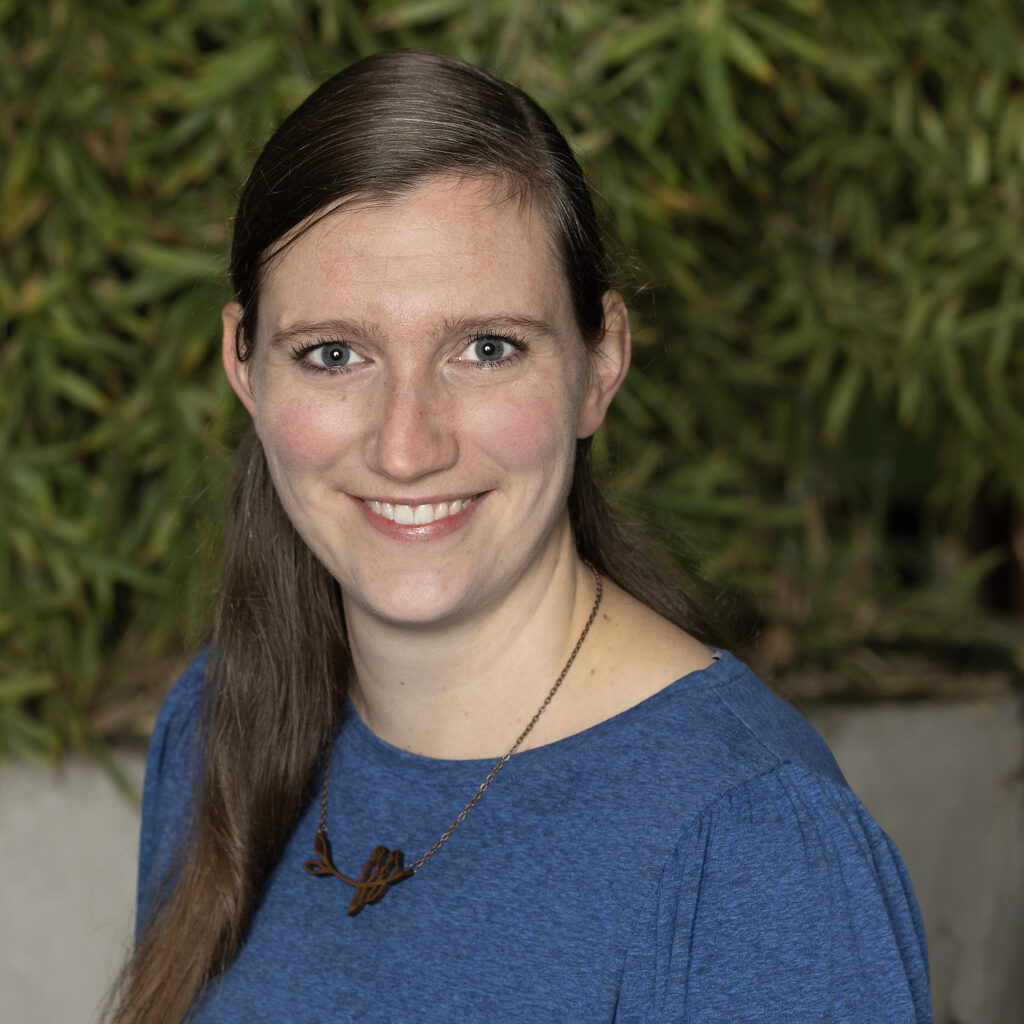
Hilje Doekes (Junior AE), Wageningen University and Research, The Netherlands.
I use computational and mathematical models to study how the communities that micro-organisms live in shape their evolution, and how evolution shapes these communities. I have been a member of ESEB since 2018 and am currently a board member of NLSEB, the Dutch society for evolutionary biology.
I am keen to contribute to this society-run journal to enable the publication of high-quality studies that provide new evolutionary insights.
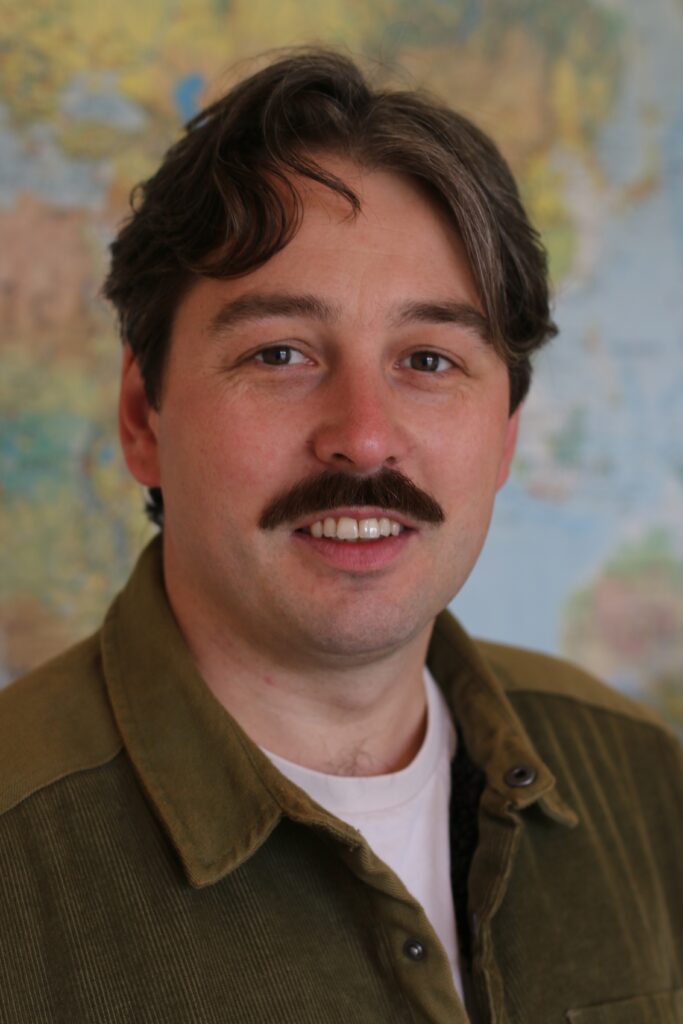
Luke Dunning, University of Sheffield, UK.
I am a plant evolutionary biologist investigating how plants adapt to novel environments. My research integrates population genetic, comparative genomic, and phylogenomic approaches with field-based and experimental studies. I am particularly interested in the role of lateral gene transfer in adaptive evolution, with much of my research focused in the grass family.
The reason I chose to become an Associate Editor for JEB is to contribute to a society journal that publishes great science and benefits the academic community.
Bluesky: @luketdunning.bsky.social
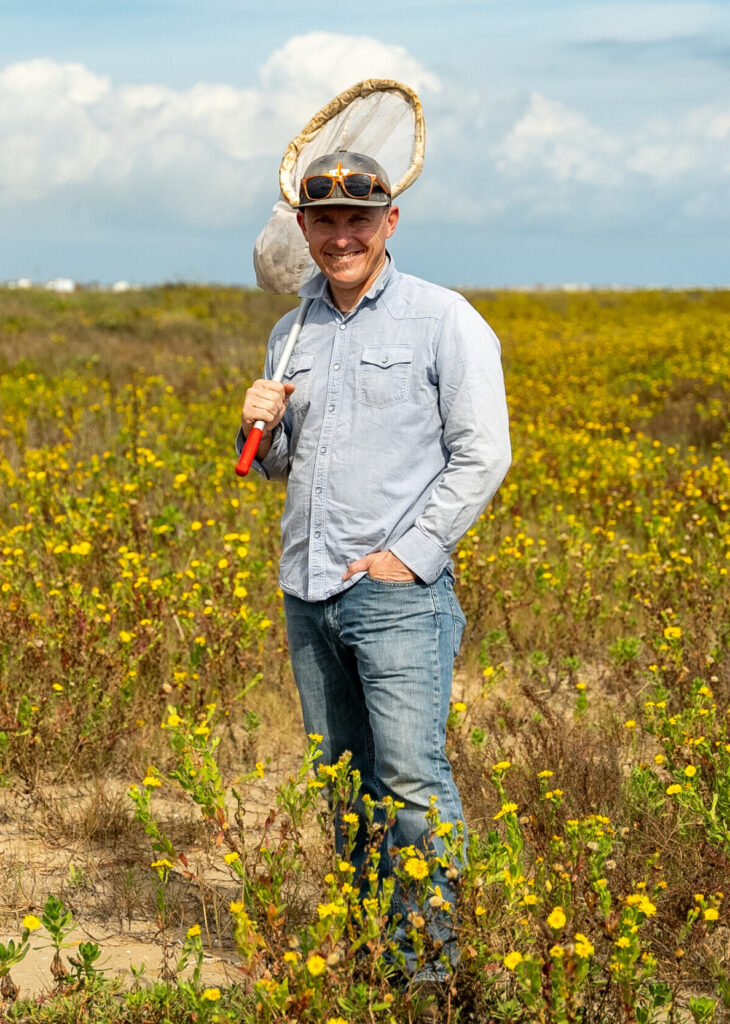
Scott Egan, Rice University, USA.
I am an evolutionary biologist that specialises in the study of speciation, the evolution of ecological specialisation, and the ecology of plant-insect interactions at the population scale. To address these topics, my lab uses a multidisciplinary approach that integrates population genetics and genomics, natural history, behavioural observations, and manipulative field experiments, and we work on wide array of study systems, including soapberry bugs (Hemiptera), leaf beetles (Coleoptera), gall wasps and their parasitoids (Hymenoptera).
Bluesky: @scottpegan.bsky.social X: @scottpegan
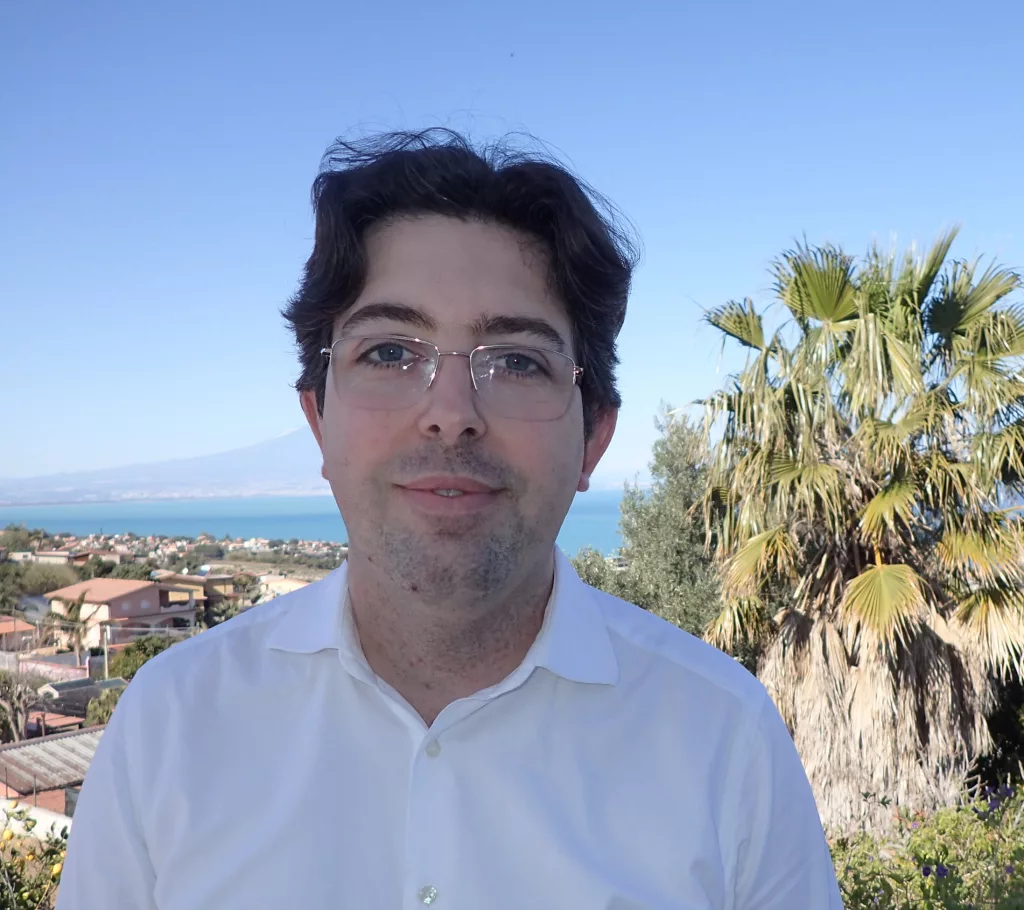
Carmelo Fruciano, Institute for Marine Biological Resources and Biotechnology (IRBIM), Italy.
I am broadly interested in phenotypic evolution as well as its genomic, transcriptomic and ecological correlates. I have a strong methodological interest in geometric morphometric techniques but in my empirical work I strive for an integrative approach and try to combine — ideally quantitatively — different data types. I have been working on several topics of general interest including speciation, adaptation, micro- and macro-evolutionary patterns.
X: @CarmeloFruciano
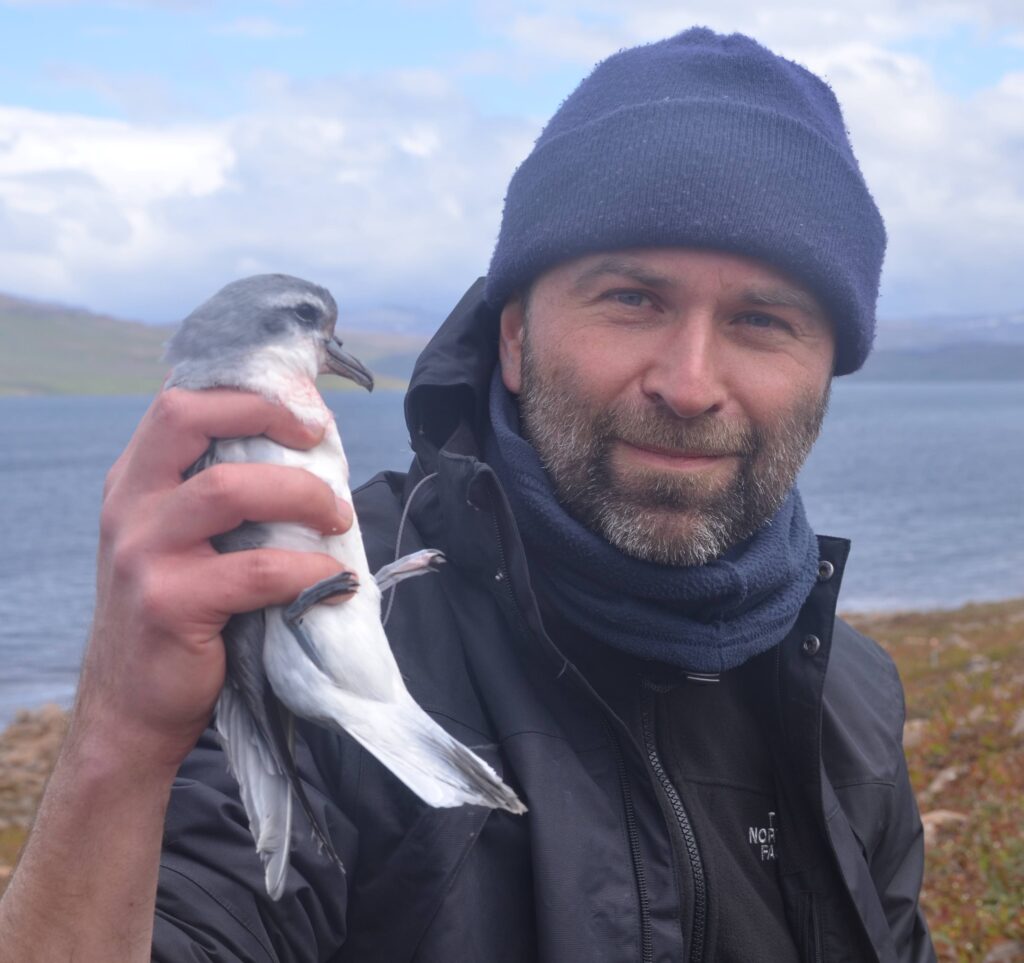
Tim Janicke, Centre d’Ecologie Fonctionnelle & Evolutive (CEFE), France.
I am interested in the evolutionary causes and consequences of sex differences with a particular focus on sexual selection, sexual conflict, sex roles, sex allocation, and mating systems. To explore these topics, I combine experimental approaches (mainly with insects, flatworms, and freshwater snails) with meta-analyses to gain a broader perspective.
Bluesky: @timjanicke.bsky.social
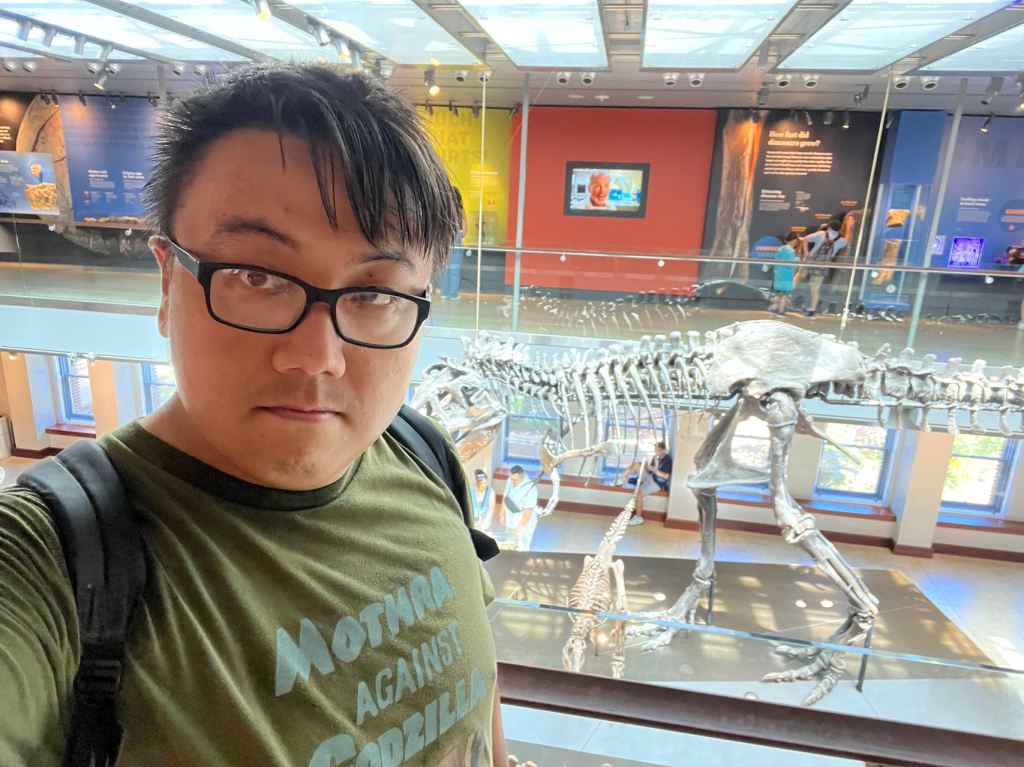
Daohan “Rex” Jiang (Junior AE), Okinawa Institute of Science and Technology Graduate University, Japan
I am an evolutionary biologist interested in principles of evolution of complex traits. My research includes development of theoretical models, which aims to links patterns of phenotypic evolution to underlying mechanisms, and empirical analyses, where I leverage functional genomic and phenomic data to test hypotheses about mechanisms of evolution. My recent and ongoing work is focused on the evolution of molecular-level traits and multi-dimensional traits.
I chose to join the editorial board of Journal of Evolutionary Biology as a Junior Associate Editor because I wish to contribute our research community.
Bluesky: @rexjiang.bsky.social

Rob Knell, University of Hull, UK.
Evolutionary ecologist working on mating systems and adaptation to changing environments. Mostly insects but open to the existence of other animals.
Bluesky: @robknell.bsky.social
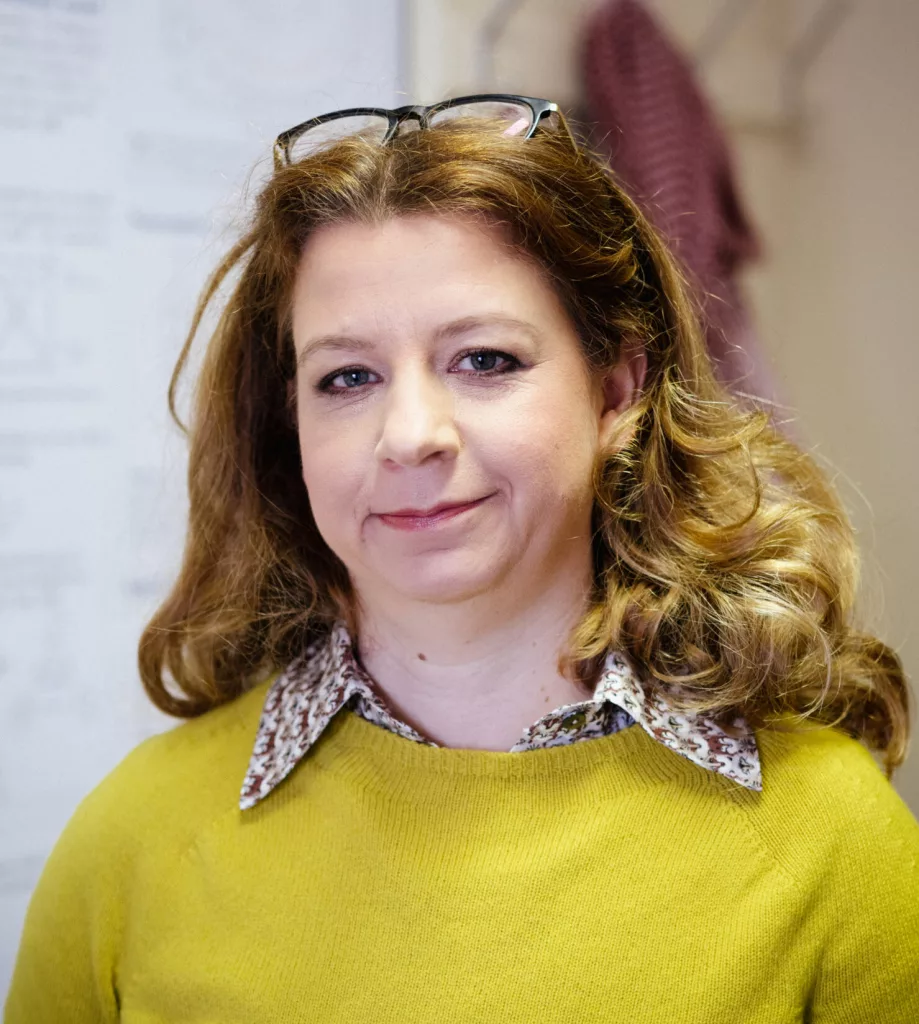
Carolin Kosiol, University of St Andrews, UK.
I am a computational biologist using phylogenetics and population genetics to study the evolutionary histories. In particular, I am interested in the development of methods for the reconstruction of species trees and for experimental evolution studies with the aim to understand evolutionary forces acting in populations over millions of years as well as over a few generations from genome-wide data.
X: @KosiolG

Matthew Koski, Clemson University, SC, USA.
I am an evolutionary ecologist investigating the ecological and population genetic processes that shape reproductive diversity in flowering plants. My research focuses primarily on flower color, mating systems, and floral temperature, integrating field studies with ecological and population genetic approaches.
I am enthusiastic about contributing to a society journal and supporting the publication of rigorous studies in evolutionary biology.
Bluesky: @mattkoski.bsky.social

Erica Larson, University of Denver, USA.
I am interested in speciation and how divergence in reproductive traits contributes to barriers between species. My research focuses on several different kinds of organisms including insects and mammals, with a particular focus on species that interact in hybrid zones.
Bluesky: @ellarson.bsky.social

Arnaud Le Rouzic, Université Paris-Saclay, France.
I am a theoretical evolutionary biologist, interested in a broad range of questions in population and quantitative genetics. My recent research activity focuses on genome evolution, trying to combine theoretical predictions and empirical data from experimental evolution.
Mastodon: @arnaudlerouzic@fediscience.org

Carita Lindstedt-Kareksela, University of Helsinki, Finland.
I study experimentally how natural selection shapes adaptation and diversity in cooperative strategies, signalling and anti-predator defences using both field- and lab-based insect study systems. Key areas in my research are evolution of social behaviour (e.g. cooperation and group living), warning signal evolution, predator-prey interactions and antipredator defence strategies, life-history evolution, plant-herbivore and host-pathogen interactions and forest entomology.
X: @LindstedtCarita

Wen-Juan Ma, Vrije Universiteit Brussel, Belgium.
I am broadly interested in sexual conflict and genetic conflict, and especially passionate about the evolution of sex chromosomes and their diversity, sex determination, parthenogenesis, meiotic drive, polyploidy and speciation. I address these questions using amphibians, Drosophila and wasps, plants and Microbotryum fungi systems.
X: @WenJuanMa84 Bluesky: @wenjuanma84.bsky.social
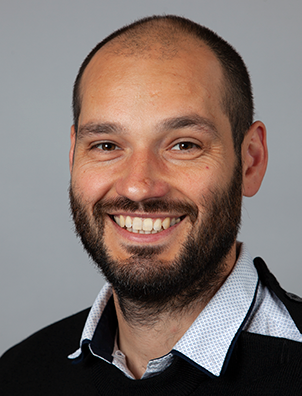
Lucas Marie-Orleach, Université de Tours, France.
I am an evolutionary biologist broadly interested in the effects of sexual reproduction on evolution. I primarily use lab experiments and theoretical analyses to study fundamental topics in quantitative and population genetics, such as sexual selection, speciation, social effects, sexual conflicts, phenotypic plasticity and mating systems.
Mastodon: @LMarieOrleach@ecoevo.social
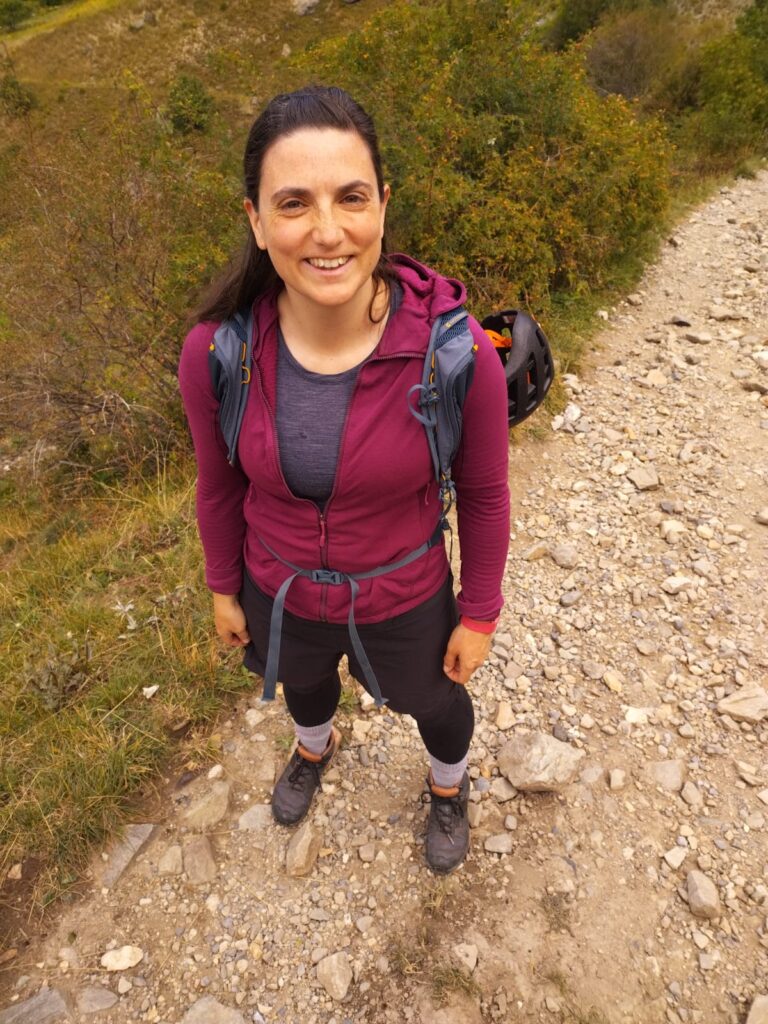
Lizy Mittel (Junior AE), University of Edinburgh, UK.
I am an evolutionary biologist broadly interested in the effects of sexual reproduction on evolution. I primarily use lab experiments and theoretical analyses to study fundamental topics in quantitative and population genetics, such as sexual selection, speciation, social effects, sexual conflicts, phenotypic plasticity and mating systems.

Stephen Montgomery, University of Bristol, UK.
I am interested in how brains evolve to produce behavioural and ecological diversity. To try to understand these links, my lab combines a range of approaches, including behaviour and ecology, neuroanatomy and development, and comparative genomics.
X: @eohomo Bluesky: @ebablab.bsky.social
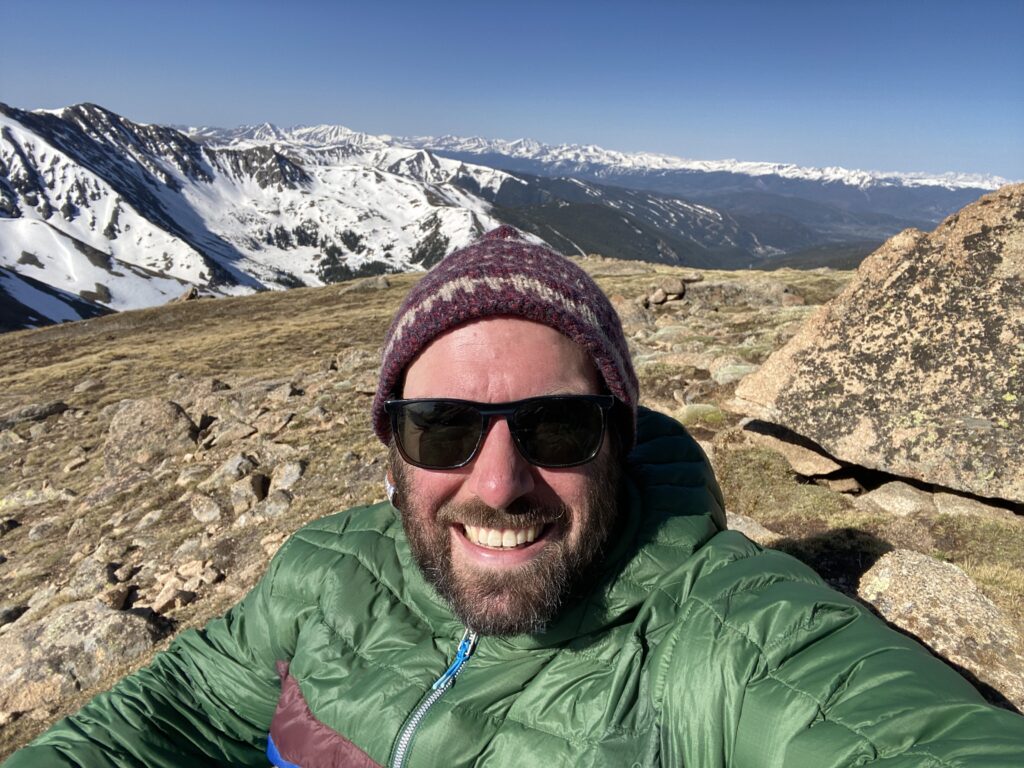
Michael Moore, University of Colorado Denver, USA.
I’m an evolutionary ecologist who studies adaptation, constraint, and the evolution of species’ ecological limits. I’m especially interested in the ways that mating and reproduction shape how animals adapt to their environments. My work integrates field, citizen-science, and comparative approaches.
Bluesky: @moore-evo-eco.bsky.social
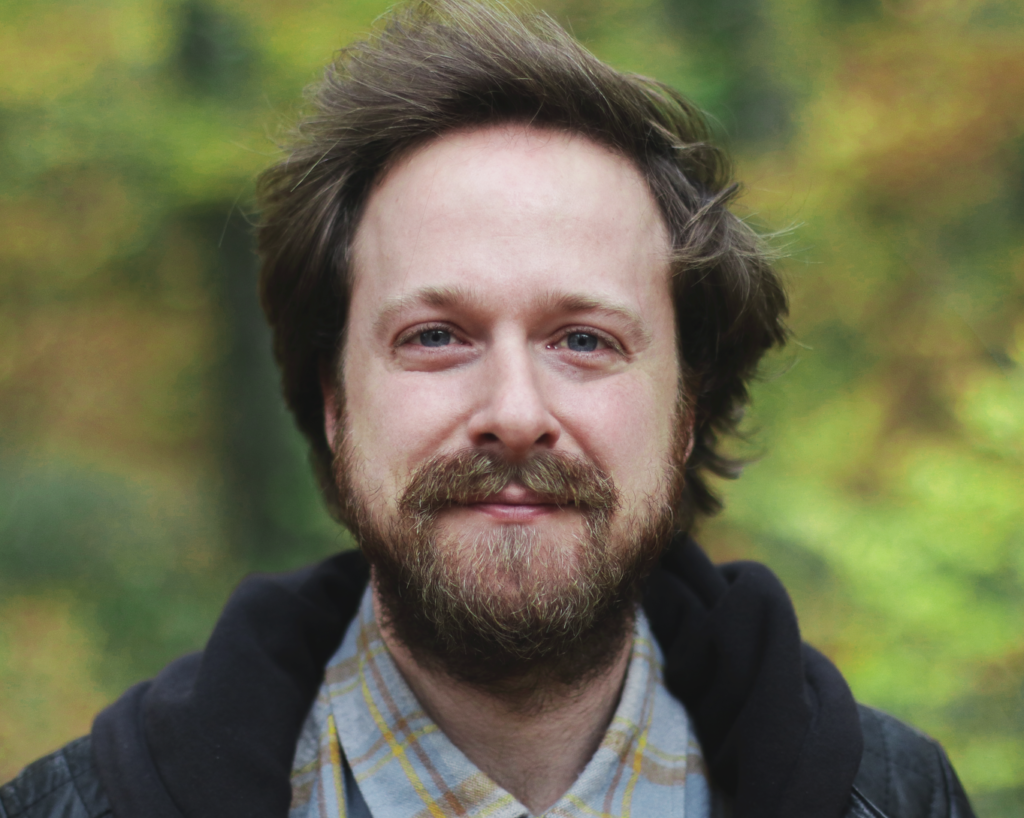
Charles Mullon, University of Lausanne, Switzerland.
I am interested in the evolutionary origin and maintenance of biological diversity in complex traits. I develop and analyse mathematical models to generate general and testable predictions about the ecological conditions that favour trait differences between individuals and about the genetic basis of such differences.
X: @MullonDlm

Rob Noble, City St Georges, University of London, UK.
I use mathematical and computational models to investigate the evolution and ecology of cancer, in collaboration with experimental biologists and clinicians. My training and interests also span infectious disease modelling, evolutionary ecology, and statistical models of molecular evolution. My methods include agent-based models, analysis of dynamical systems, stochastic processes, evolutionary tree shape analysis, and Bayesian data analysis.
Bluesky: @robjohnnoble.bsky.social Mastodon: ecoevo.social/@robjohnnoble
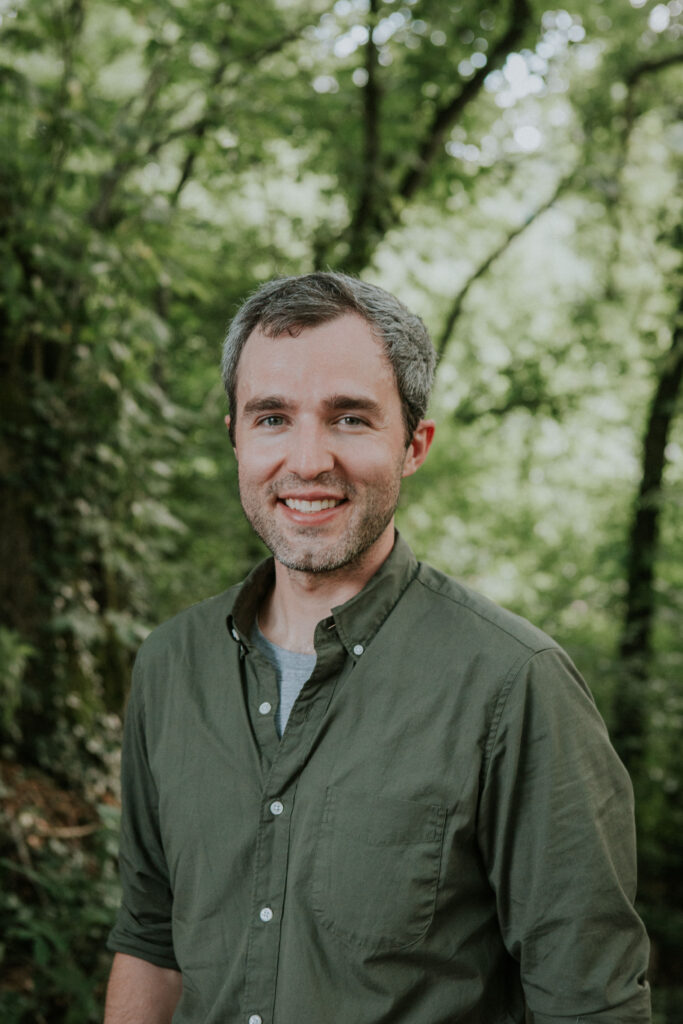
Benjamin Parker, University of North Carolina Chapel Hill, USA.
I study animal-microbe interactions. I’m particularly interested in how these associations evolve and the underlying molecular and immunological mechanisms. My research blends genomic, microbiological, and experimental techniques, and focuses on insects and their associated symbionts.
Bluesky: @ben-parker.bsky.social

Darren Parker, Bangor University, UK.
I am interested in the causes and consequences of different reproductive strategies, focusing particularly on parthenogenesis. I use a combination of fieldwork, ’omics, and behavioural analyses in insects to address questions in this area.
X: @DarrenJParker Bluesky: @darrenjparker.bsky.social
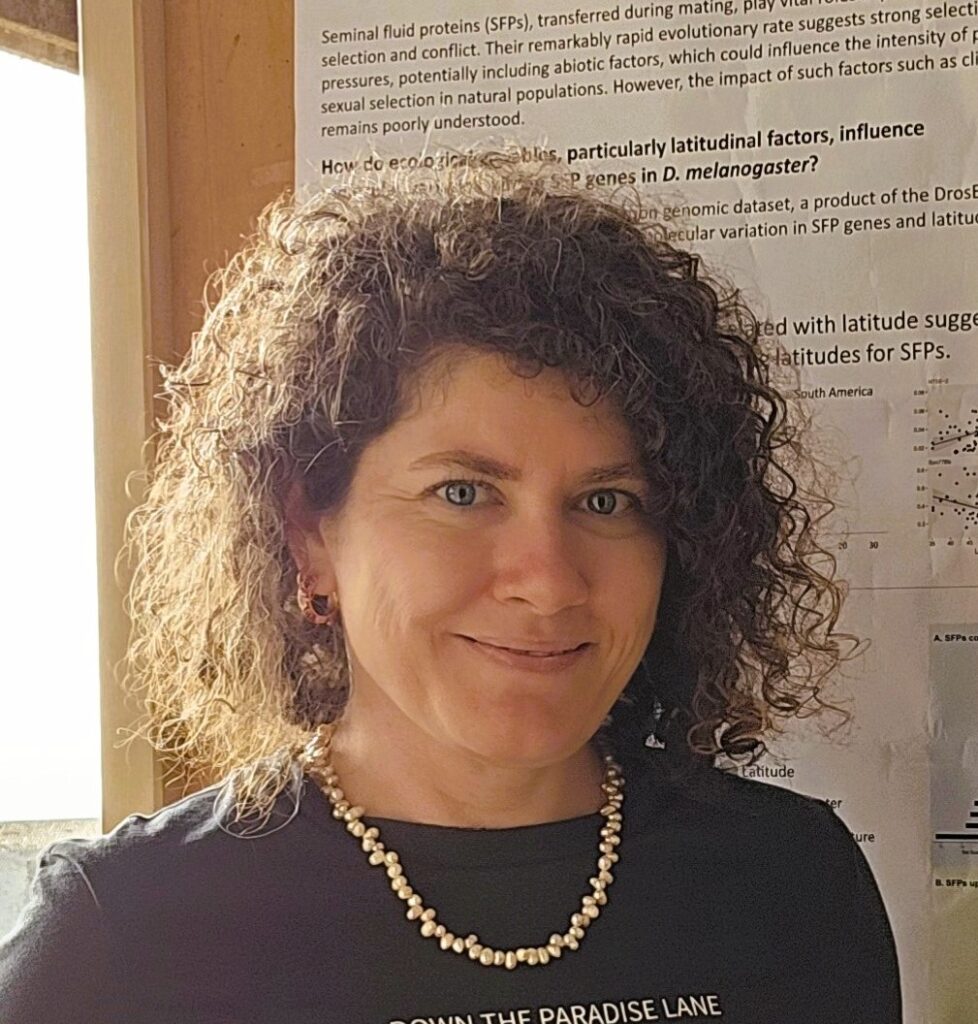
Bahar Patlar, Martin Luther University Halle-Wittenberg, Germany.
I am an evolutionary biologist and geneticist in the Department of Zoology at Martin Luther University, Halle, Germany. My research focuses on evolution, ecology and genetics of male reproductive biology in the context of sexual selection and sexual conflict. I integrate quantitative genetics, population genomics and experimental approaches to understand how selection shapes male reproductive traits, connecting molecular evolution with phenotypic and fitness outcomes. My work has particularly focused on the evolution of ejaculate proteins using model systems such as Drosophila, alongside comparative and population genetic analyses in other taxa, including humans.
Bluesky: @baharpatlar.bsky.social

Jitka Polechova, University of Vienna, Austria.
My research focuses on advancing theoretical evolutionary ecology to address fundamental questions about evolution of species’ ranges, limits to adaptation, coexistence, and speciation.
Bluesky: @polejit.bsky.social
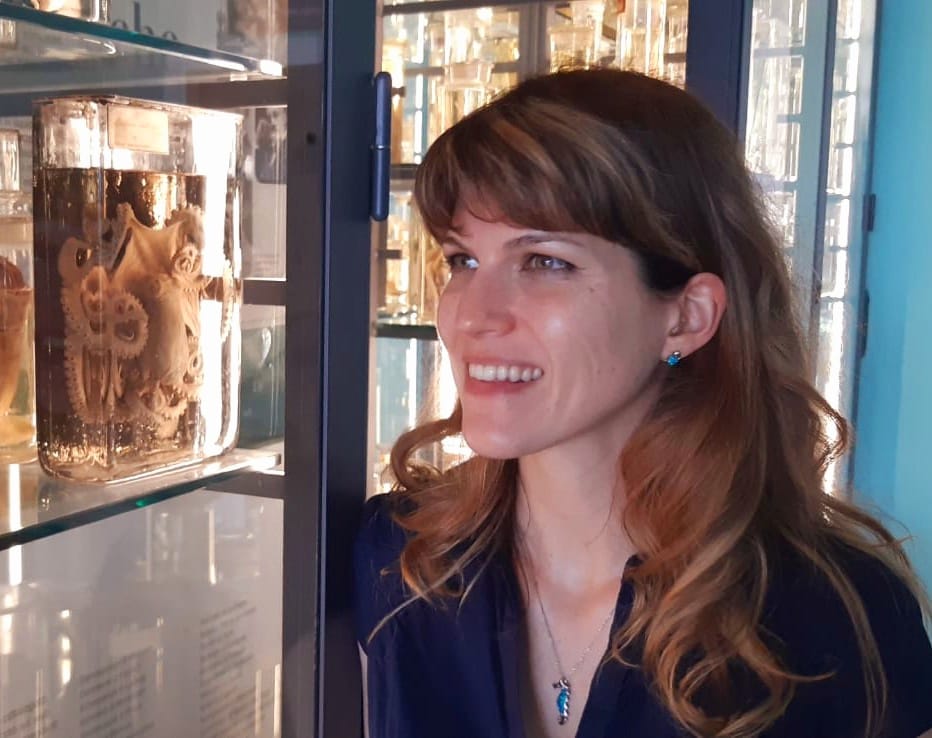
Francesca Raffini, Stazione Zoologica Anton Dohrn, Italy.
As an evolutionary and conservation biologist, I am broadly interested in understanding biodiversity-generating patterns and processes within and between populations and species through the integration of evolutionary, ecological, genomic, morphometric, and physiological insights. This includes the basis of complex traits, reproductive isolation and coupling of barriers to gene flow, small populations dynamics, and limits to adaptation. In addition to my scientific interests, I am devoted to promoting diversity, uniqueness, equity and kindness in research and beyond.
Bluesky: @francescaraffini.bsky.social X: @FraRaff_Delfina

Patrick Rohner, University of California San Diego, USA.
I integrate concepts and approaches from evolutionary developmental biology, evolutionary ecology, and quantitative genetics to better understand how biological diversity arises and evolves. Focusing on insects, I am especially interested in how plasticity, developmental bias, and organism-environment interactions shape phenotypes and their evolution.
Bluesky: @patrickrohner.bsky.social
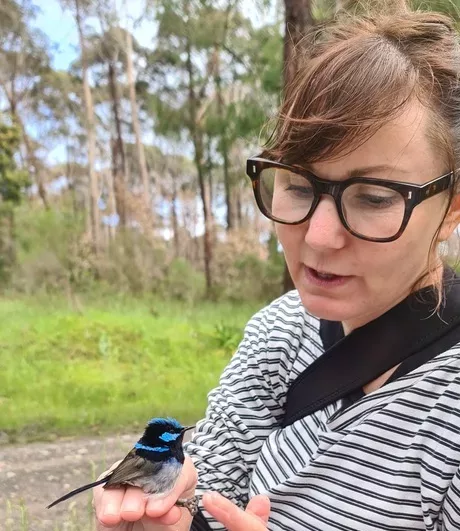
Melissah Rowe, Netherlands Institute of Ecology, Netherlands.
My research is primarily focused on understanding how ecology and evolution shape the reproductive biology and behaviour of individuals, and the consequences of variation in sexual traits for fitness. I am particularly interested in the evolution and functional significance of ejaculates, and assessing how biotic and abiotic factors shape variation in ejaculate traits. More broadly, I am interested in understanding how ecology and sexual selection shape adaptations that enable animals to survive and reproduce in different environments.
Bluesky: @melissahrowe.bsky.social

Supreet Saini, Indian Institute of Technology Bombay, India.
I am interested in theory and developing first principles models to understand evolutionary processes. I also use bacteria and yeast as model systems to understand the genetic basis of adaptation and speciation.
Bluesky: @supreetsaini.bsky.social
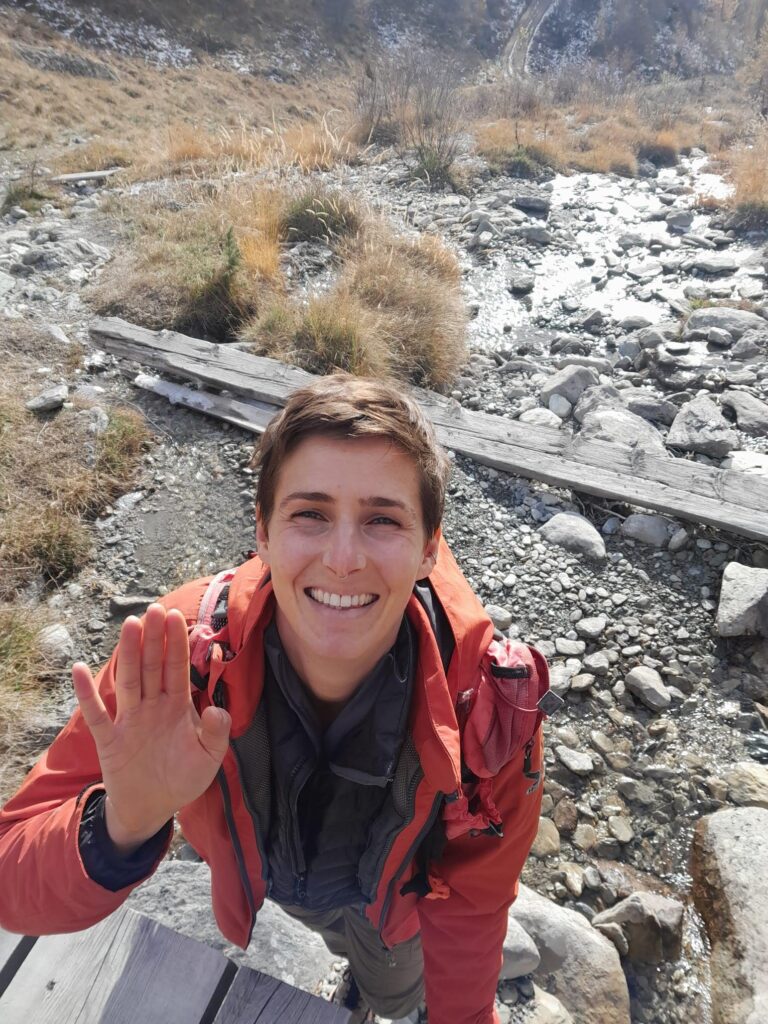
Sarah Schmid (Junior AE), University of Lausanne, Switzerland.
I seek to understand how biodiversity is generated and structured by evolutionary processes acting across space and time. Using genomic data, often derived from museum collections, I investigate evolutionary histories and population dynamics across diverse organisms, from marine fishes to insects.

Nathaniel Sharp, University of Wisconsin-Madison, WI, USA.
I am interested in the role that spontaneous mutations play in evolution, including the evolution of the mutation process itself, the impact of mutations on fitness, and interactions between mutation, genome architecture, and reproductive mode. I use experimental evolution in yeasts and fruit flies to characterize and compare mutation patterns across genetic and environmental contexts, often using whole-genome sequencing.
Society journals like JEB play a vital role in disseminating high quality evolution research, and I’m happy to contribute to that mission as an AE.
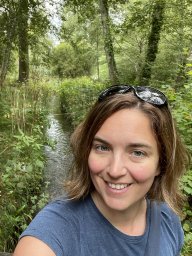
Melissa Toups, University of Louisiana at Lafayette, LA, USA.
I use population and comparative genomics to understand how sex chromosomes evolve and shape genome evolution. I explore these processes across a wide range of taxa, with current research focusing on dragonflies and frogs.
Bluesky: @meltoups.bsky.social
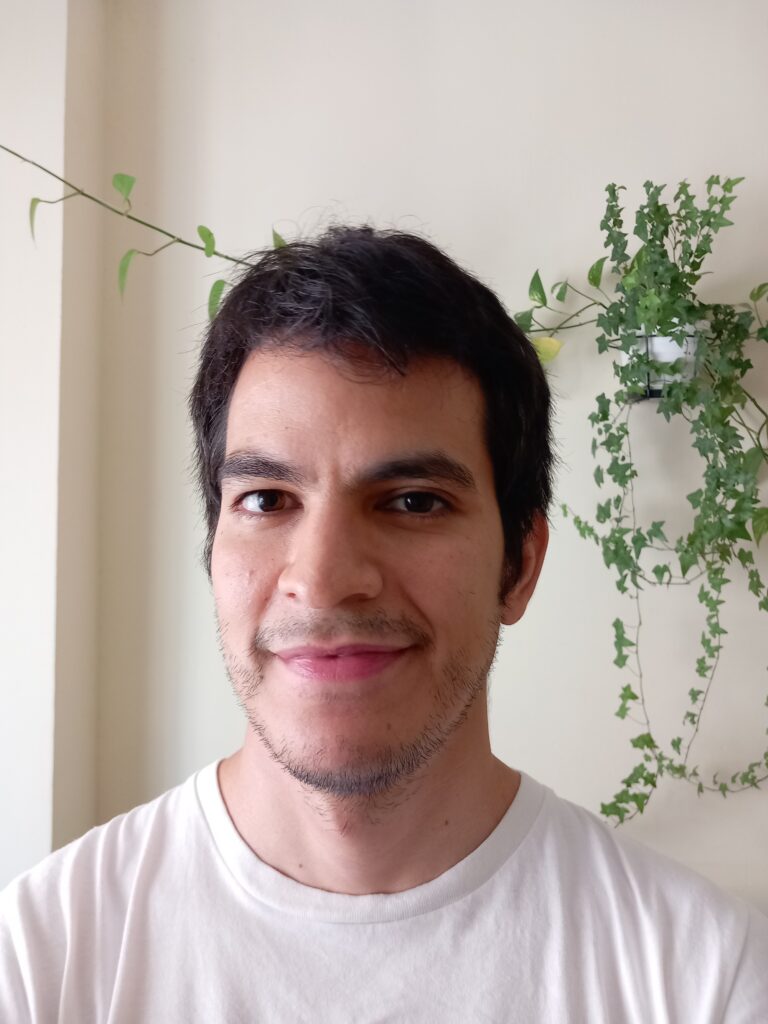
Ken Toyama (Junior AE), Universidad Nacional Mayor de San Marcos, Peru.
I’m an evolutionary biologist interested in the intersection between functional morphology and macroevolution. My research is often focused on ecomorphology, morphology-performance relationships, insular systems, and sexual dimorphism, and I often use lizards as my study system. I’m excited to take an AE role at JEB for the chance to be close to new and potentially ground-breaking evolutionary research. I also enjoy editorial work and I consider it an opportunity to contribute to the publication of rigorous science.
Bluesky: @kenstoyama.bsky.social

Masahito Tsuboi, Lund University, Sweden.
I am interested in the origin and maintenance of organismal biodiversity across the tree of life. My research typically concerns two or more levels of biological organisation, of which one is often macroevolutionary inferences using phylogenetic comparative methods. Recently, I became interested in inferences that go across biological scales–from molecule to macroevolution or to ecological community–and am particularly excited about learning how we can combine different approaches to help us in making such inferences.
X: @MasahitoTsuboi

Nikolaos Vakirlis, Hellenic Pasteur Institute, Greece.
I am a computational biologist specialised in evolutionary genomics. I study the origins of novel genes in both eukaryotes and prokaryotes with a particular interest in the process of de novo gene birth, as well as the evolutionary dynamics of antimicrobial peptides across animals.
Bluesky: @vakirlis.bsky.social LinkedIn: www.linkedin.com/in/nikolaos-vakirlis
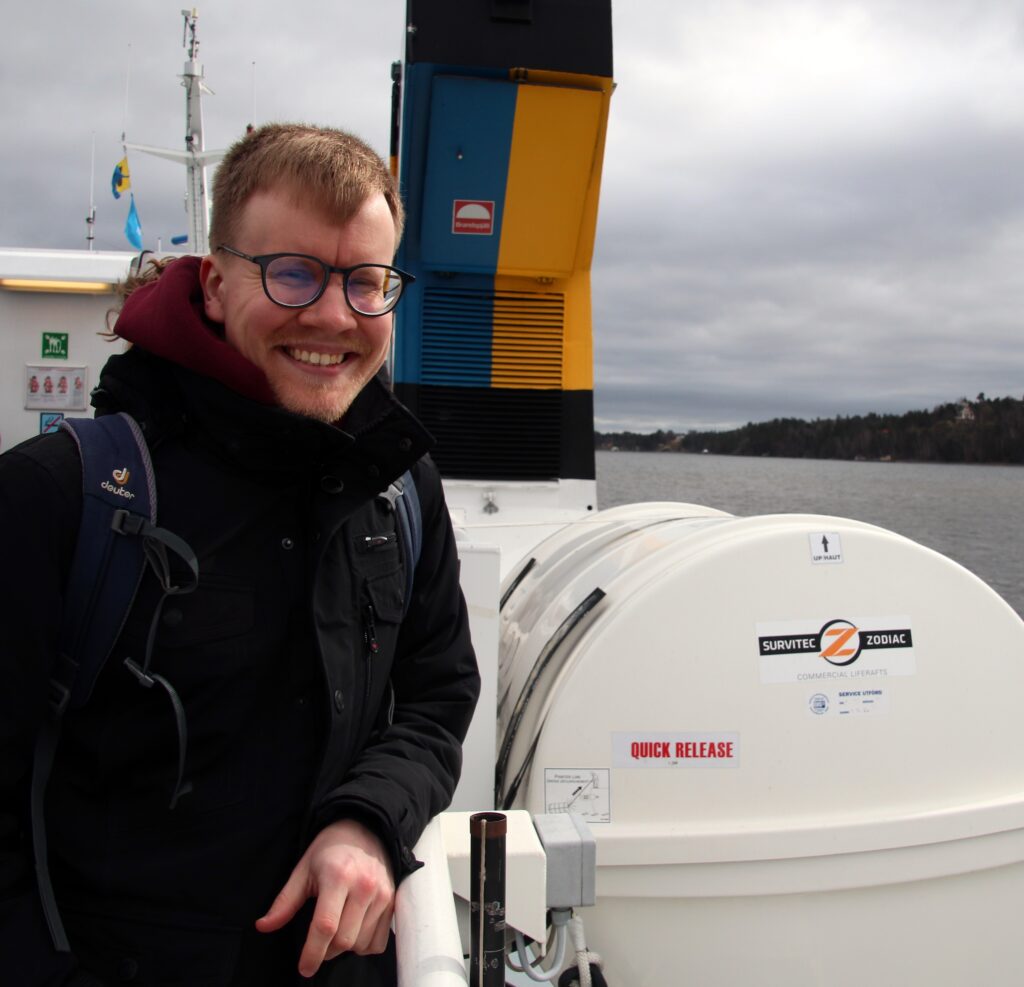
Lennart Winkler (Junior AE), Stockholm University, Sweden.
I am particularly interested in sexual selection and the interaction of evolution and ecology. In my research I combine experimental approaches using a variety of model systems with comparative studies and meta-analysis. I look forward to many fruitful interactions with the community in this role and am delighted at the chance to contribute to this beloved society journal!
Bluesky: @lennartwinkler.bsky.social
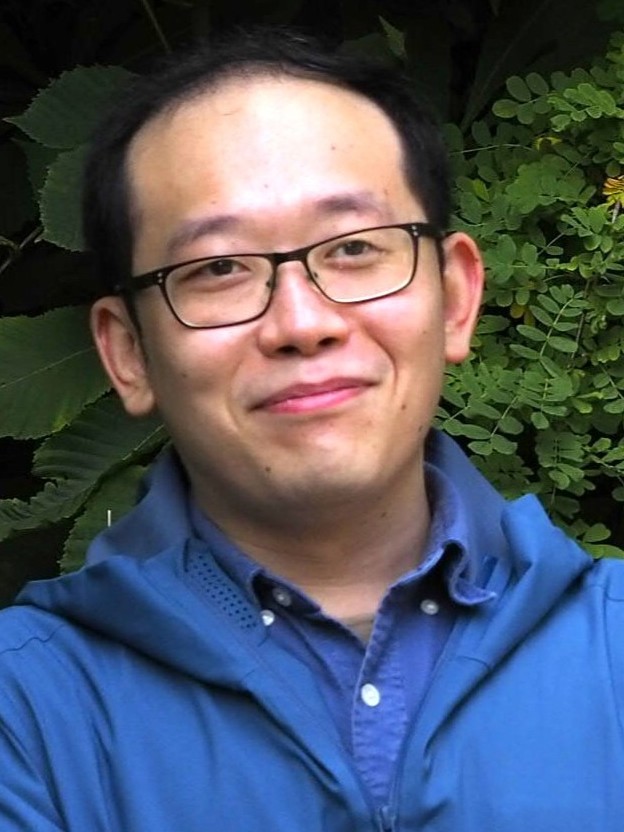
Xiao Zhang, Tianjin Normal University, China.
I am interested in how different evolutionary processes, such as genetic drift, migration, and hybridization interact to shape evolutionary trajectories in changing environments. To investigate this, my group integrates genomics, population genetics, and bioinformatics. Specifically, we use cricket model systems to examine the genomic consequences of abiotic and biotic stressors.


